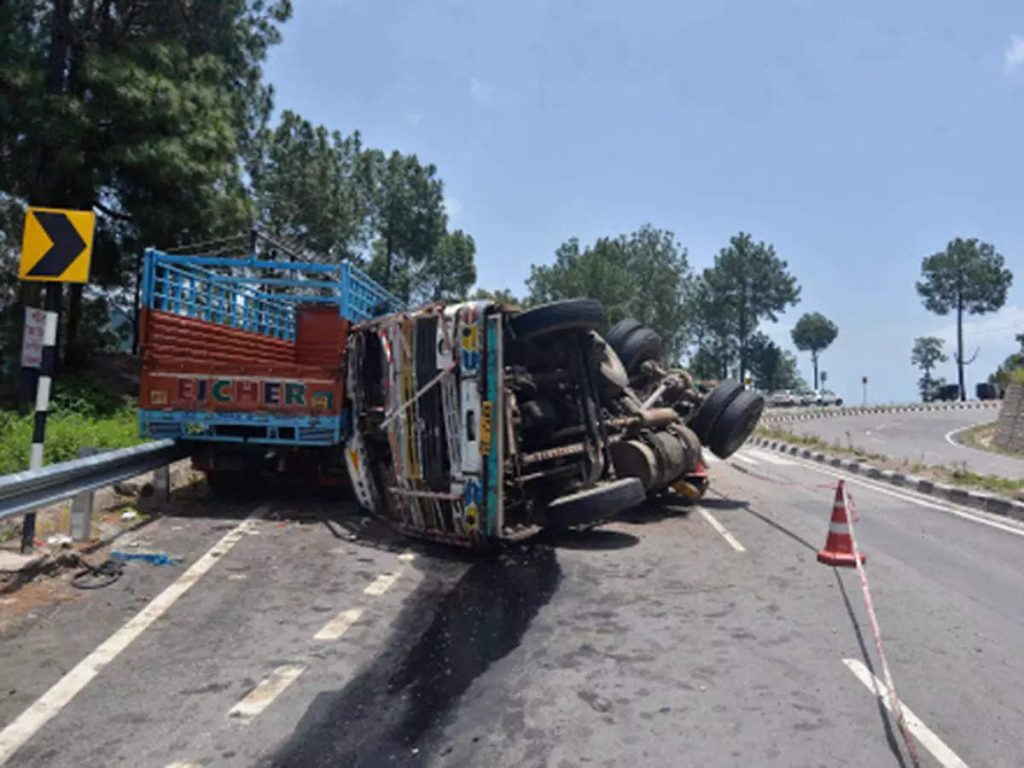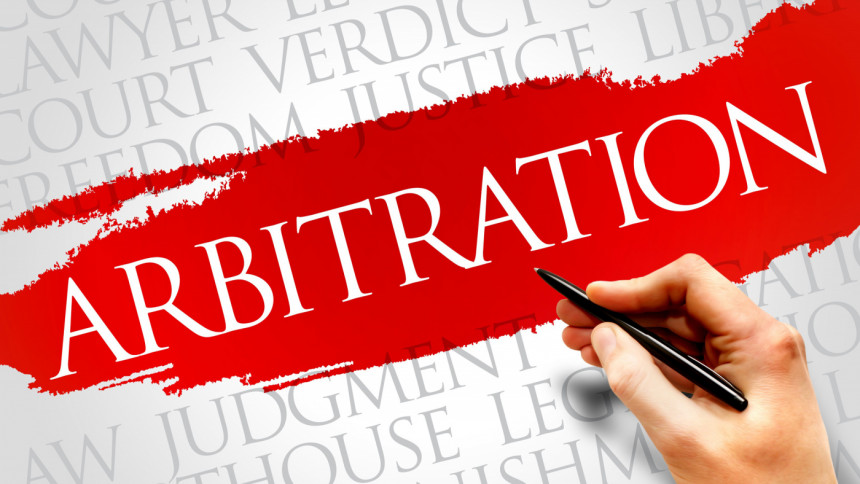The spread of Covid-19 has been matched by the spread of misinformation and conspiracy theories about the virus
Access to and free flow of accurate information is critical during a pandemic to develop and implement effective and swift strategies that will protect human life, to modify those strategies based on the response, and arm civilians with information to protect themselves, their families, and the community.
Unfortunately, the world at large has witnessed the whole spectrum of “misinformation” from fake news on Covid-19, to official denials of the nature and gravity of the threat, to governments deliberately spreading misinformation to control narratives.
If there is one right that has been violated time and again, it is our right to information.
Article 39 of the Constitution of Bangladesh provides the constitutional basis of the right to information, which being part of the fundamental right to freedom of speech and expression and freedom of the press.
In other words, freedom of expression not only includes the freedom to express one’s thoughts, ideas, opinions, and information, but also the right to be informed, subject to reasonable restrictions imposed by law.
Over the last five months, we have seen different manifestations of the violations of the right to information and freedom of the press.
In February, the World Health Organization warned us about the “massive infodemic” accompanying the Covid-19 outbreak that “makes it hard for people to find trustworthy sources and reliable guidance when they need it” and threatens effective response.
Donald Trump’s statement that “anybody who wants a test can get a test” turned out to be a “cruel hoax” as aptly described by Fareed Zakaria.
Thailand and Nigeria arrested journalists after they reported on the spread of the pandemic or criticized their government’s response.
The Committee to Protect Journalists in Cambodia has documented the arrests of at least 17 people for sharing information about the virus. Venezuela, Iran, and Gaza arrested, detained, threatened, and assaulted their journalists after reporting on the pandemic.
Ethiopia shut down the internet in its Oromia region. Chinese journalists have fought back with hard-hitting exposes describing government cover-ups and failures in the health care system.
Our very own government’s response at various times left us wondering if it was sheer incompetence of public officials or deliberate dissemination of misinformation that made them say the things they said.
Our Health and Family Welfare minister declared on March 30, 2020, that “our country is now safe and doing well.” Our Information minister stated that Bangladesh is better prepared to prevent coronavirus than developed countries.
Yet, we continue to read newspaper reports, we read, hear, and watch harrowing social media anecdotes and accounts of friends and family members of being unable to reach IEDCR on its hotlines, of being denied testing and treatment by health care providers, of dying with no medical attention.
On March 19, 2020, the monitors for freedom of expression and of media for the United Nations, the Inter-American Commission for Human Rights, and the Representative on Freedom of the Media of the Organization for Security and Co-operation in Europe in a joint statement called on governments to promote and protect access to and the free flow of information during this pandemic by:
- Providing truthful information in accessible formats
- Ensuring access to fastest and broadest possible internet service and refrain from blocking
- Ensuring the right of access to information by robust implementation of Right to Information laws and protecting the work of journalists
- Addressing disinformation
- Limiting use of tools of surveillance technology to track the spread of the virus in view of individual rights of privacy, protection of journalistic sources and non-discrimination
According to the Global Health Security Index, Bangladesh ranks 132 out of 195 countries in the category of “health.” Bangladesh being far from well prepared to tackle a pandemic of this nature, there is a critical and urgent need here for access to information if we are to avoid a high mortality rate.
To facilitate the free flow of information to the people, our government must now go all out to protect the constitutionally guaranteed freedom of speech and expression.
To tackle misinformation and disseminate authoritative health advice, all governments, the media, and social media companies need to work together with WHO and other health authorities.
Care must be taken to ensure that the tackling of misinformation is not used as a pretext for repressive laws and policies. As for official denials and withholding of information, all governments must keep in mind that this will only serve as fuel to this pandemic.






